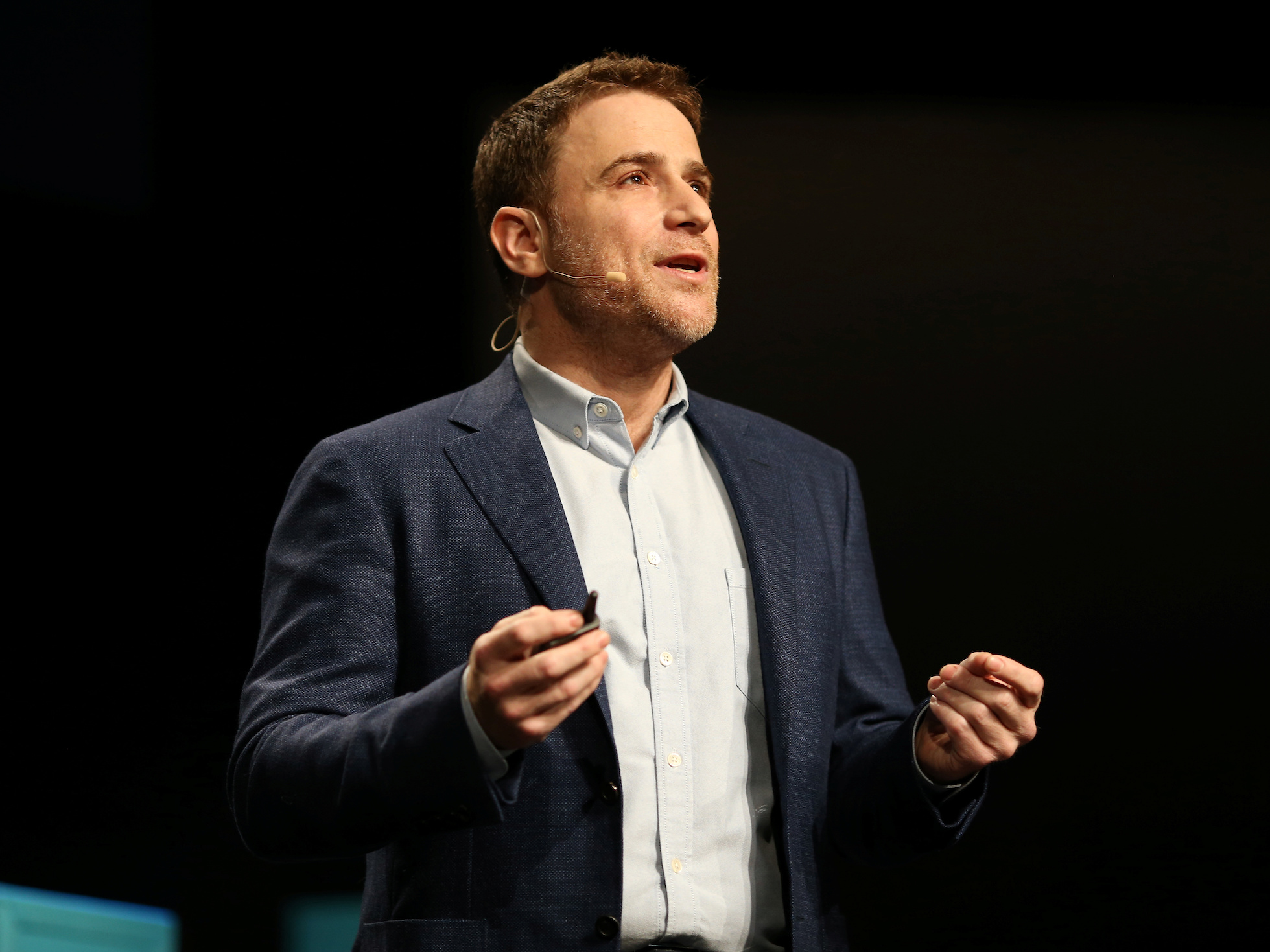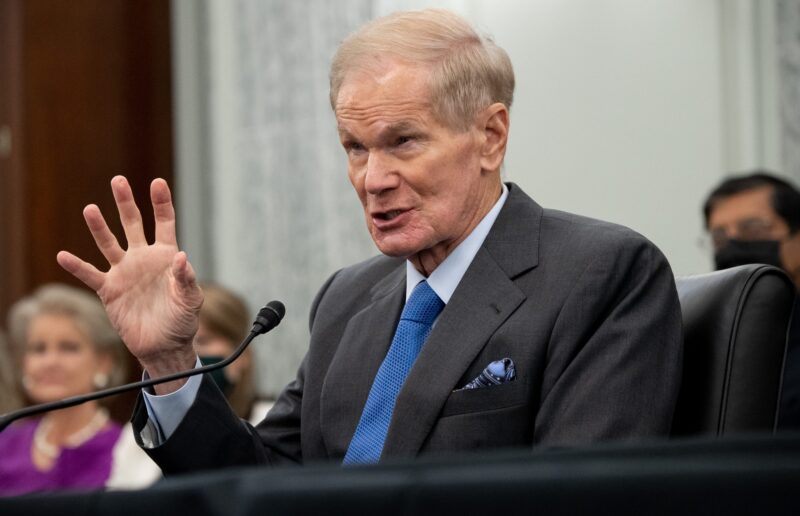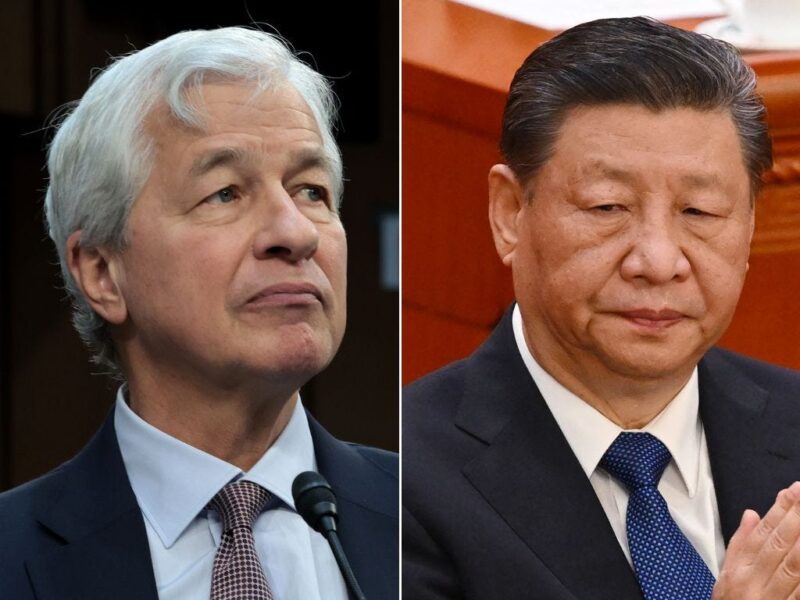- Slack CEO Stewart Butterfield addressed the competition from Microsoft Teams, saying the numbers Microsoft released claiming to have more users than Slack are slightly misleading.
- In July, Microsoft said it had 13 million daily active users, claiming it was ahead of Slack. In early October, Slack responded and said it had 12 million daily active users, but that it had very favorable user engagement metrics.
- “I think they feel like we’re an existential threat,” Butterfield said of Microsoft.
- Butterfield said the company’s focus on customers and the company’s narrow focus will help it compete with Microsoft in the long term: “Often the small startup with real traction with customers has advantage versus the large incumbent with multiple lines of business units.”
- Butterfield says that Microsoft’s competitive conduct has been “surprisingly unsportsmanlike,” and says that the tech titan might be leaning on its larger market share to push Teams over the top.
- Visit Business Insider’s homepage for more stories.
Slack CEO Stewart Butterfield addressed competition from Microsoft Teams, its chief rival in the workplace chat app space, on stage at the Wall Street Journal’s Tech Live conference in Laguna Beach on Wednesday.
“I think they feel like we’re an existential threat,” Butterfield said of Microsoft.
In July, Microsoft said that it had had 13 million daily active users, indicating that it both had more users than Slack, and that it was growing faster. In October, Slack released a new figure of 12 million daily active users, while also saying that its users were highly-engaged with the chat app – which it said was as important, or more so, than user metrics.
On stage at the conference, Butterfield said that it was “kind of crazy” for Microsoft to release those numbers while Slack was in the quiet period after its direct listing. He also highlighted the fact that several of the top Google search trends for Microsoft Teams are related to how to uninstall the app.
Indeed, when asked if he feels if Microsoft is competing fairly in the workplace productivity space with Teams app, Butterfield said its conduct has been "surprisingly unsportsmanlike."
Microsoft came under the regulatory crosshairs in the '90s, as its dominance in the PC industry led to a major antitrust investigation. More recently, however, Microsoft has so far escaped the antitrust rhetoric that's enveloped its fellow tech giants like Facebook, Amazon, Alphabet and Apple.
"We see things like paying companies to use Teams and that leans on a lot of existing market power...maybe it's something we should have a look at but we haven't taken any action," Butterfield said.
Microsoft did not immediately respond to a request for comment.
'A little bit misleading'
Butterfield also said Microsoft's figures were "a little bit misleading in terms of what you're measuring." He implied that the fact that Teams is bundled in with other Microsoft products may mean that it's counting users who don't actually use the product very often.
Microsoft first launched Teams about two years ago, as a clear answer to the popularity of Slack - which first launched in 2014 as the spin-out from a failed online game called "Glitch," but which quickly attracted the attention of top investors and millions of users. Microsoft bundles Teams with several versions of its Office 365 cloud productivity suite.
"There's a very aggressive push to get people in there," Butterfield said of Microsoft Teams.
'A lot of people choosing Slack'
Butterfield said that his company's sole focus on the business of workplace chat will prove to be an asset - and that at least some users seem to genuinely prefer Slack over Teams.
"There's still a lot of people choosing Slack despite the fact that they have Teams bundled in for free," he said.
"Often the small startup with real traction with customers has advantage versus the large incumbent with multiple lines of business units," he added, referencing Google's attempt to take on Facebook with the failed Google Plus social network.
Butterfield also said Slack's integrations with outside applications make it a compelling option, even for those using Microsoft Office 365. "If you look at our top 50 biggest customers, 70 percent of them are not only Office 365 users but they are Office 365 users who use the integrations with Slack," he said.
He also highlighted the fact that Microsoft Teams app comes bundled with many other services that may not be in "harmonious alignment with one another." In other words, he indicated, Microsoft Office 365 is crammed full of apps that may not be useful to every single user, signalling a potential lack of focus at the tech giant.
"I think they're in a zero-sum competition for prestige and power and compensation inside the organization," he said."










